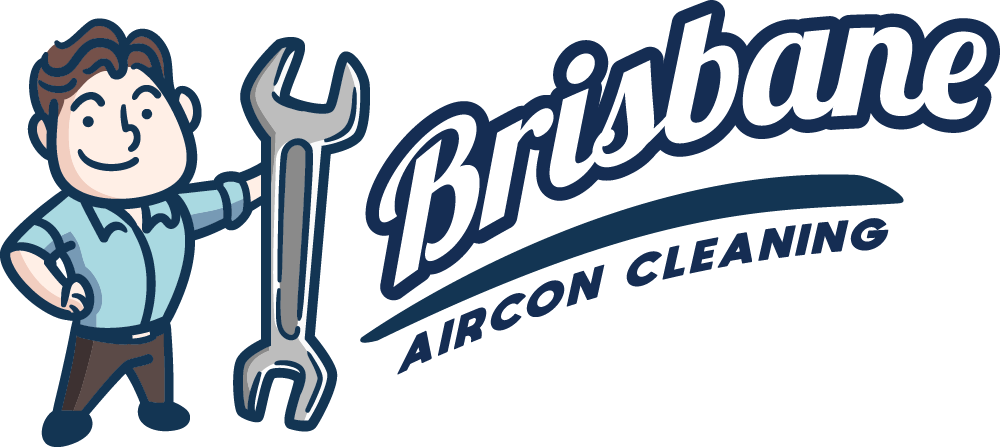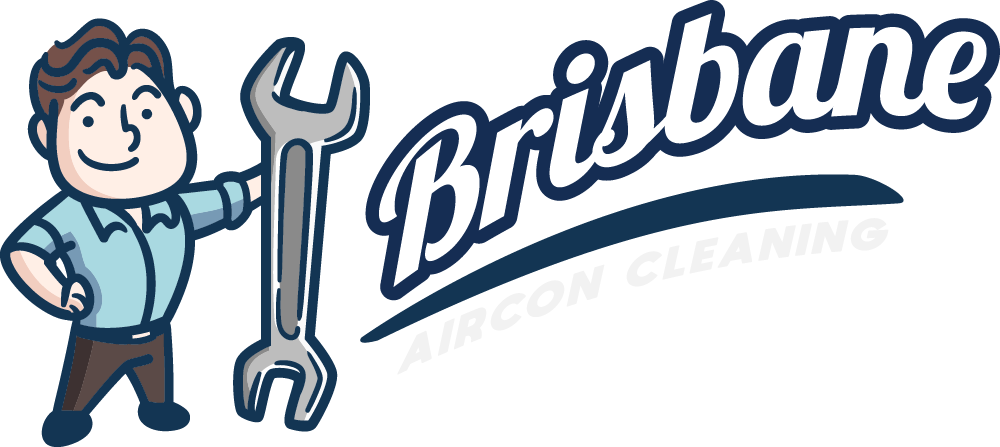Water leakage from an air conditioner is a frequent concern that demands a comprehensive understanding of the system’s functionality and potential causes. This issue can stem from a range of factors, necessitating adept knowledge for effective resolution.
In this discourse, we will meticulously dissect the origins of air conditioner leaks, proffering astute insights into preemptive measures and rectification methodologies.
Furthermore, we will expound upon the requisite frequency of servicing, particularly pertinent for drain pump-equipped units and commercial applications.
This discussion will also encompass the circumstances warranting system replacement and the pivotal role of regular maintenance in prolonging operational longevity.
Encompassing these critical facets, readers will glean invaluable proficiency in managing and remedying water leaks in their air conditioning apparatus.
Common Causes of Air Conditioner Leaks
Identifying common causes of air conditioner leaks includes understanding the potential factors leading to water leakage from the system. Possible signs of an air conditioner leak include:
- Water pooling around the unit
- Moisture on the walls or ceiling near the air conditioner
- Decrease in cooling efficiency
Troubleshooting steps to determine the cause of the leak involve:
- Checking for blockage in the drain from dust, dirt, or mould
- Ensuring the drain is connected to the head unit
- Examining the manufacturer’s drain for brittleness or cracks
- Removing any obstructions at the end of the drain, such as plants or debris
Additionally, it’s essential to inspect the installation for errors, such as insufficient downward fall on the drain. By addressing these potential causes, one can effectively diagnose and resolve air conditioner leaks.
Preventive Measures to Avoid Water Leaks
To prevent water leaks from air conditioners, implementing regular maintenance and cleaning procedures is essential to ensure optimal system performance. Regular maintenance not only prevents water leaks but also extends the lifespan of the air conditioning system. Using chemicals for drain cleaning can effectively remove dirt, mold, and other blockages that may cause leaks. Additionally, the benefits of regular maintenance include identifying and addressing potential issues before they escalate, ensuring efficient operation, and reducing the risk of unexpected breakdowns. Below is a table summarizing preventive measures to avoid water leaks:
| Preventive Measures | Benefits |
|---|---|
| Regular maintenance | Extends system lifespan, prevents leaks |
| Using chemicals for drain cleaning | Removes blockages, ensures proper drainage |
| High-pressure washing of indoor units | Prevents dirt and mold buildup |
| Hiring a qualified technician | Identifies and addresses potential issues |
Implementing these preventive measures will help maintain the air conditioning system in optimal condition and prevent water leaks.
Steps for Repairing Air Conditioner Leaks
Repairing air conditioner leaks requires thorough inspection and targeted repairs to ensure proper system functionality. Signs of a leaking air conditioner such as water accumulation, moisture, or dampness around the unit should prompt immediate action.
Possible repair techniques include:
- Clearing blockages in the drain pipe
- Checking for disconnection or damage
- Ensuring proper installation with sufficient downward fall on the drain
- Applying sealants or replacing damaged components
Regular servicing and maintenance are essential to prevent future leaks. After repairs, it is crucial to ensure the drain is functioning correctly. By addressing leaks promptly and employing preventive measures, the air conditioning system can maintain optimal performance, prolong its lifespan, and prevent potential water damage to the surrounding area.
Recommended Frequency of Air Conditioner Servicing
When considering the recommended frequency of air conditioner servicing, it is important to consult with a qualified technician to determine the appropriate maintenance schedule. Regular maintenance is crucial for the efficient functioning of an air conditioning system.
Signs of a malfunctioning drain, such as water leaks or unusual noises, indicate the need for immediate attention. Yearly premium maintenance is generally recommended for optimal system performance. However, systems with drain pumps may require servicing every six months due to blockage risks.
Commercial spaces often necessitate more frequent servicing based on usage. Regular servicing helps prevent water leaks and ensures efficient operation, ultimately extending the lifespan of the air conditioner.
It is vital to adhere to the recommended servicing schedule to avoid potential issues and maintain the system’s performance.
Considerations for Air Conditioner Replacement
Considering the condition of the air conditioner and its overall performance, it is important to evaluate the potential need for replacement with the guidance of a professional technician. When considering air conditioner replacement, several factors should be taken into account:
- Signs of a failing air conditioner:
- Frequent breakdowns and repairs
- Inefficiency leading to increased energy bills
- Uneven cooling or inability to maintain desired temperature
- Cost of replacement:
- Evaluate the cost of frequent repairs versus the investment in a new system
- Consider long-term energy savings with a new, more efficient unit
- Explore financing options and potential rebates for energy-efficient models
- Professional assessment:
- Seek guidance from a qualified technician to assess the condition of the current unit
- Discuss the feasibility of repair versus replacement
- Consider the lifespan of the existing system and potential long-term savings with a new unit
Frequently Asked Questions
Can I Use a DIY Solution to Fix My Air Conditioner Leak, or Should I Always Hire a Professional Technician?
When addressing air conditioner leaks, a DIY solution may serve as a temporary fix, but professional technicians possess the expertise to thoroughly diagnose and resolve issues. Regular maintenance and cleaning are crucial for preventing common causes of leaks.
Are There Any Specific Signs or Symptoms I Should Look for to Indicate That My Air Conditioner Is Leaking Water?
Signs of air conditioner water leaks include moisture around the unit, musty odours, and a decrease in cooling efficiency. Prevention involves regular maintenance, such as cleaning, flushing the drain, and hiring a qualified technician. Professional help ensures effective troubleshooting and solutions.
How Can I Tell if the Drain in My Air Conditioning System Is Functioning Properly?
For a thorough drain inspection, ensure the air conditioning system’s drain is free from blockages. Implement regular maintenance tips such as periodic cleaning, high-pressure washing, chemical flushing, and professional servicing to ensure optimal functionality and prevent leaks.
What Are the Potential Consequences of Not Addressing a Water Leak in My Air Conditioner?
Potential damage from not addressing an air conditioner water leak includes structural harm, electrical issues, and mould growth. Neglecting this issue can lead to costly repairs and health concerns. Prompt attention to leaks is essential for preventing these consequences.
Are There Any Specific Types of Air Conditioners That Are More Prone to Water Leaks, and if So, How Can I Prevent This Issue?
Certain air conditioning systems, such as those with drain pumps, are more prone to water leaks due to blockage risks. Preventive measures include periodic cleaning, hiring qualified technicians for high-pressure washing, and using chemicals to ensure drain cleanliness. Regular maintenance is crucial.

